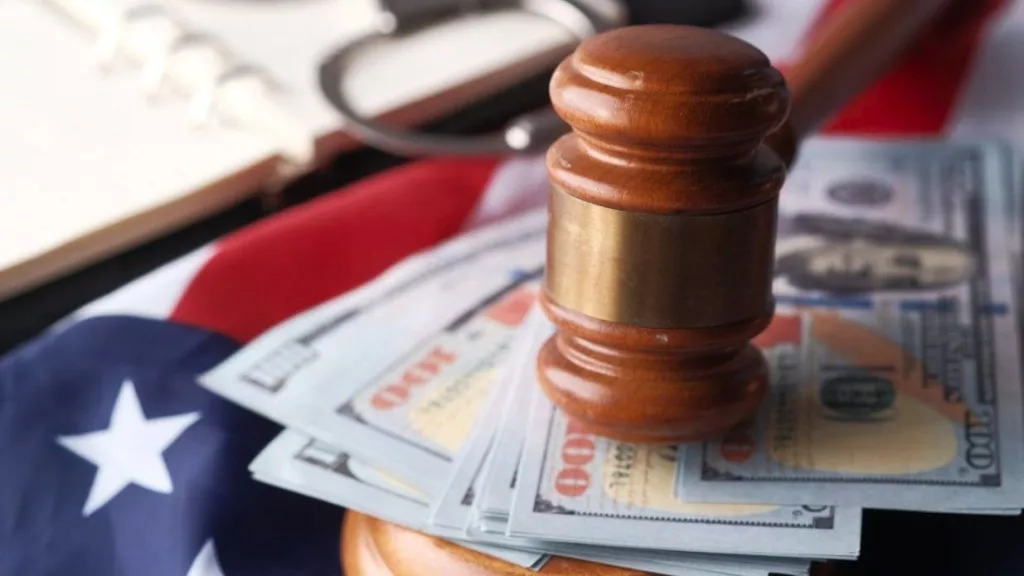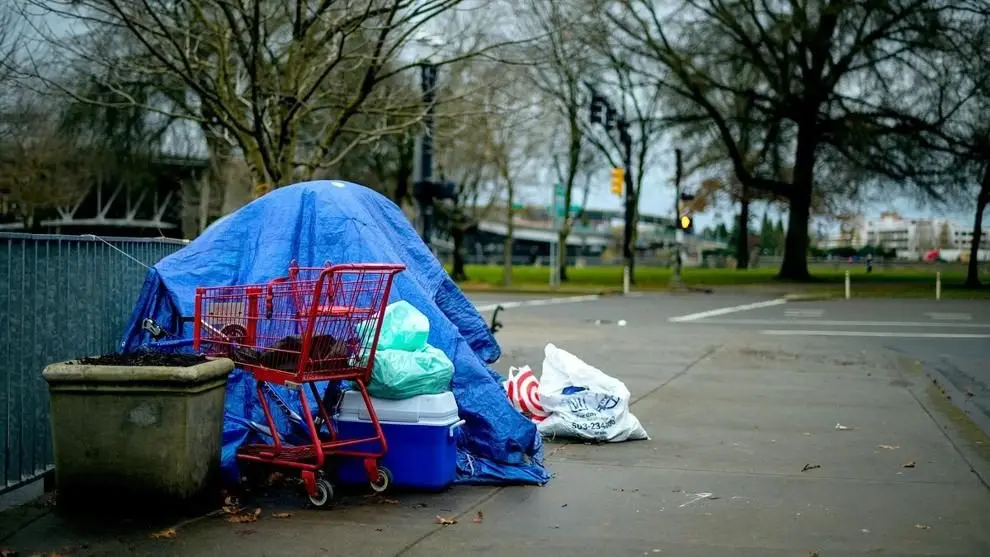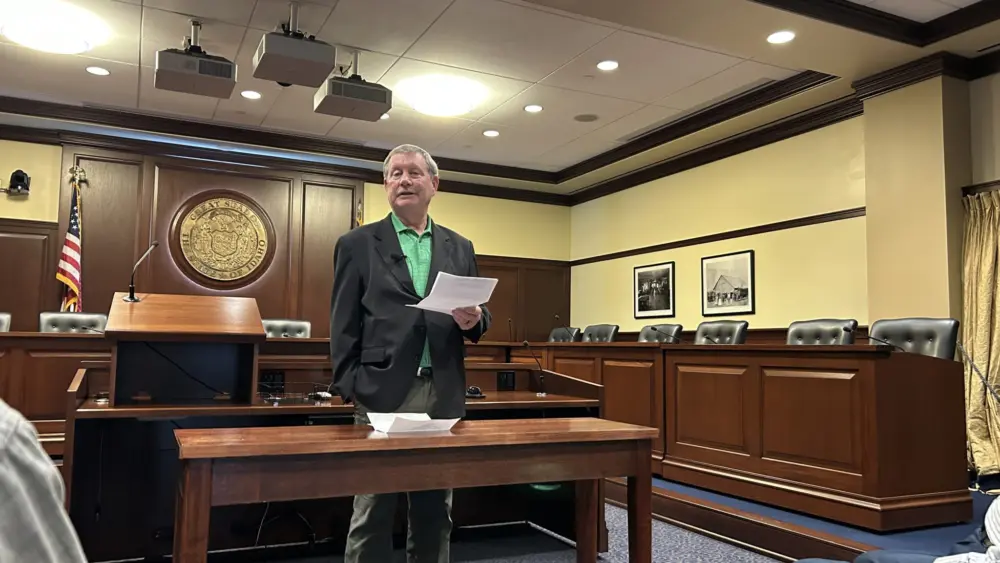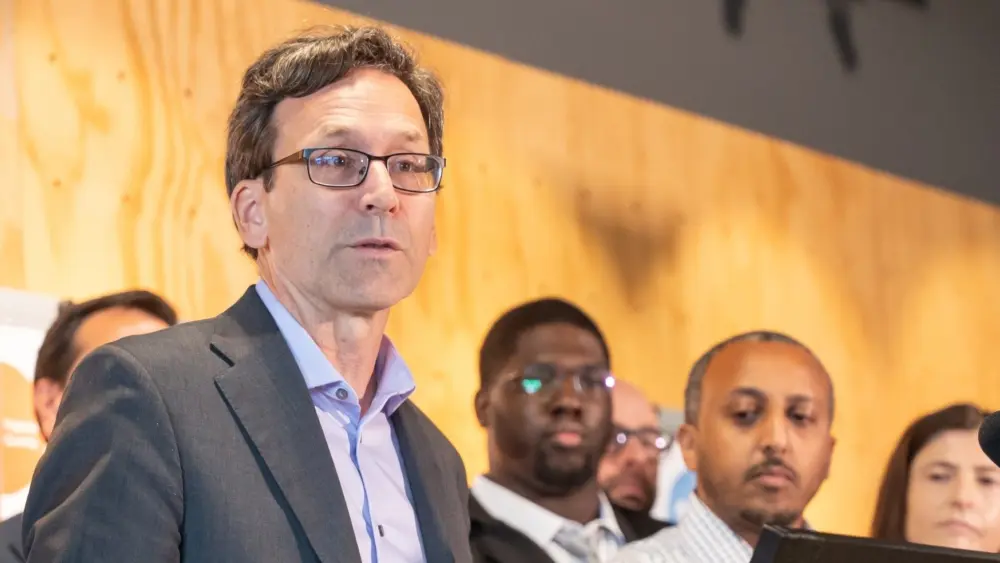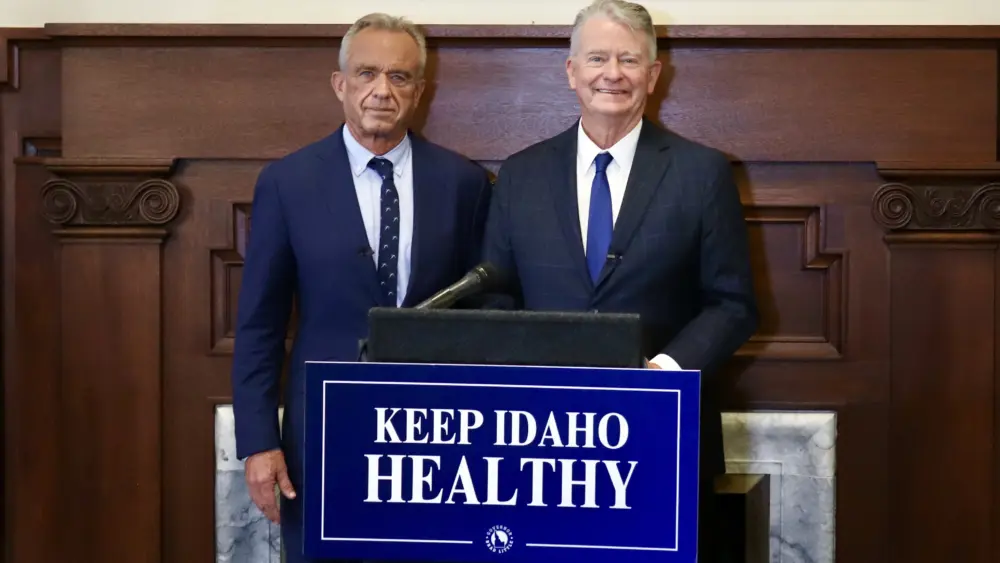MONROE, WA – The Washington Supreme Court on Thursday reinstated a $185 million verdict against Monsanto for the polychlorinated biphenyl, or PCB, poisoning of three teachers at the Sky Valley Education Center in Monroe, Wash. The 6-3 decision reversed an intermediate appellate court that had vacated the original 2021 jury award.
The ruling marks the first time a state supreme court has fully upheld punitive damages against the company in multiple cases related to Sky Valley Education Center.
The case is based on allegations that PCB exposure at the Sky Valley Education Center caused students and teachers to suffer from various health problems, including neurological damage and autoimmune disorders.
The court’s majority opinion in favor of former teachers Kerry Erickson, Michelle Leahy and Joyce Marquardt found that the trial court’s application of Missouri law was proper. Monsanto, an agrochemical and agricultural biotechnology corporation, was headquartered in Missouri. Monsanto was acquired by Bayer in 2018, and its name was dropped.
The specific legal issue in the case centered on whether the trial court correctly applied Missouri law, which permits the award of punitive damages, to certain aspects of the case. Washington’s product liability law does not permit punitive damages and includes a statute of repose, a 12-year limit on product liability claims.
The majority ruled that applying Missouri law was appropriate for Monsanto’s statute of repose defense and the awarding of punitive damages.
“When a party raises an actual conflict of substantive law, Washington courts apply the law of the state with the most significant relationship to that particular issue,” Chief Justice Debra Stephens wrote for the majority. “Under this test, Missouri law applies to govern the issues of repose and punitive damages. With respect to punitive damages under Missouri law, it is not necessary to consider whether Missouri would recognize a claim for postsale failure to warn. This is because the jury’s finding of liability under Washington substantive product law is sufficient to sustain a punitive damages award where the jury finds that Missouri’s heightened standard of wrongful conduct is met.”
Dissenting justices argued that Washington law, including its product liability statute, should have been applied.
The three dissenters – Associate Chief Justice Charles Johnson, Justice Barbara Madsen and Justice Sheryl Gordon McCloud – wrote that “… courts are not supposed to start their analysis with policy preferences when there’s a state statute right on point.”
Reaction to the ruling was mixed.
“This was a monumental victory not just for these teachers, but for every community still suffering the consequences of Monsanto’s toxic legacy,” Nick Rowley, co-founder of Trial Lawyers for Justice, said in a news release. “This company has poisoned millions of students, parents, and teachers, and the ongoing presence of these dangerous chemicals in America’s public schools presents a national health crisis. PCBs remain a silent pandemic, and we will continue our fight to expose Monsanto and secure justice for the victims and families whose lives have been devastated.”
Bayer put out a statement critical of the ruling.
“In particular, the company believes that the Court’s choice-of-law analyses underlying its rulings on punitive damages and the statute of repose are wrong and contrary to the U.S. Constitution because the rulings unlawfully discriminate against out of state companies doing business in Washington,” Bayer’s statement read in part.

